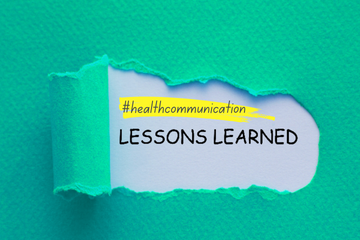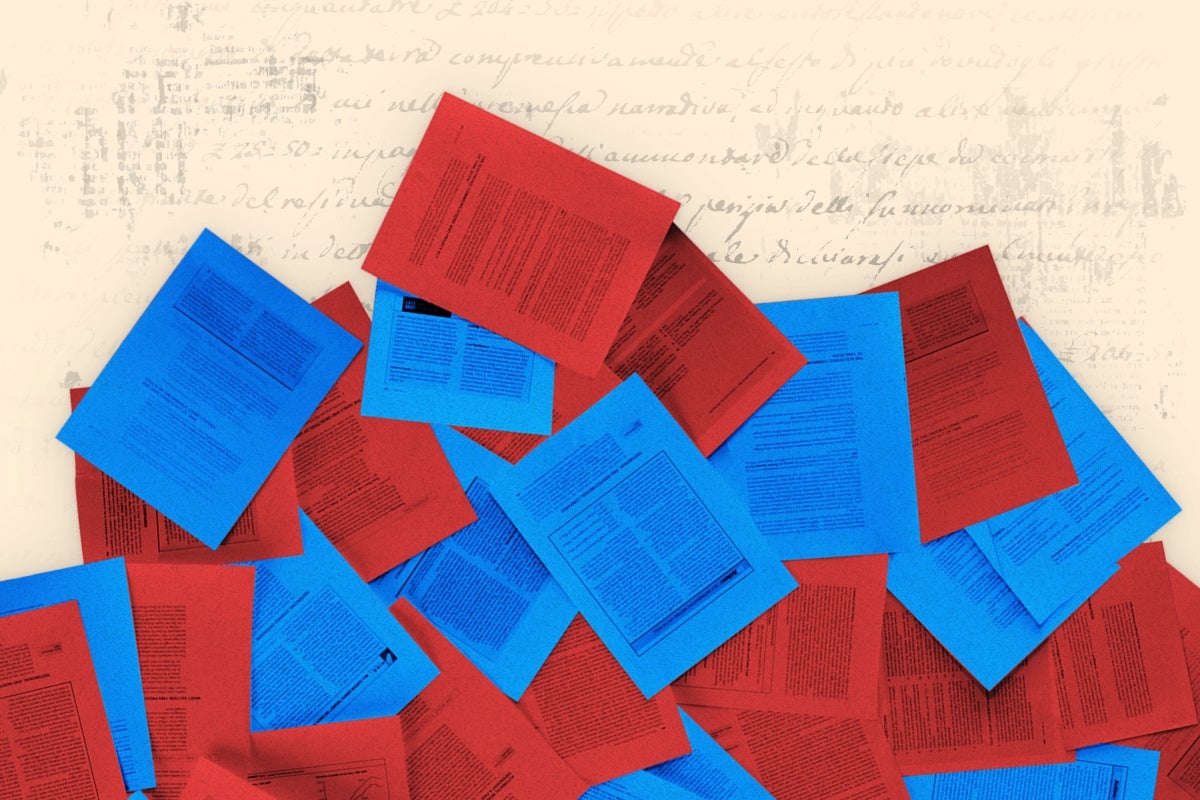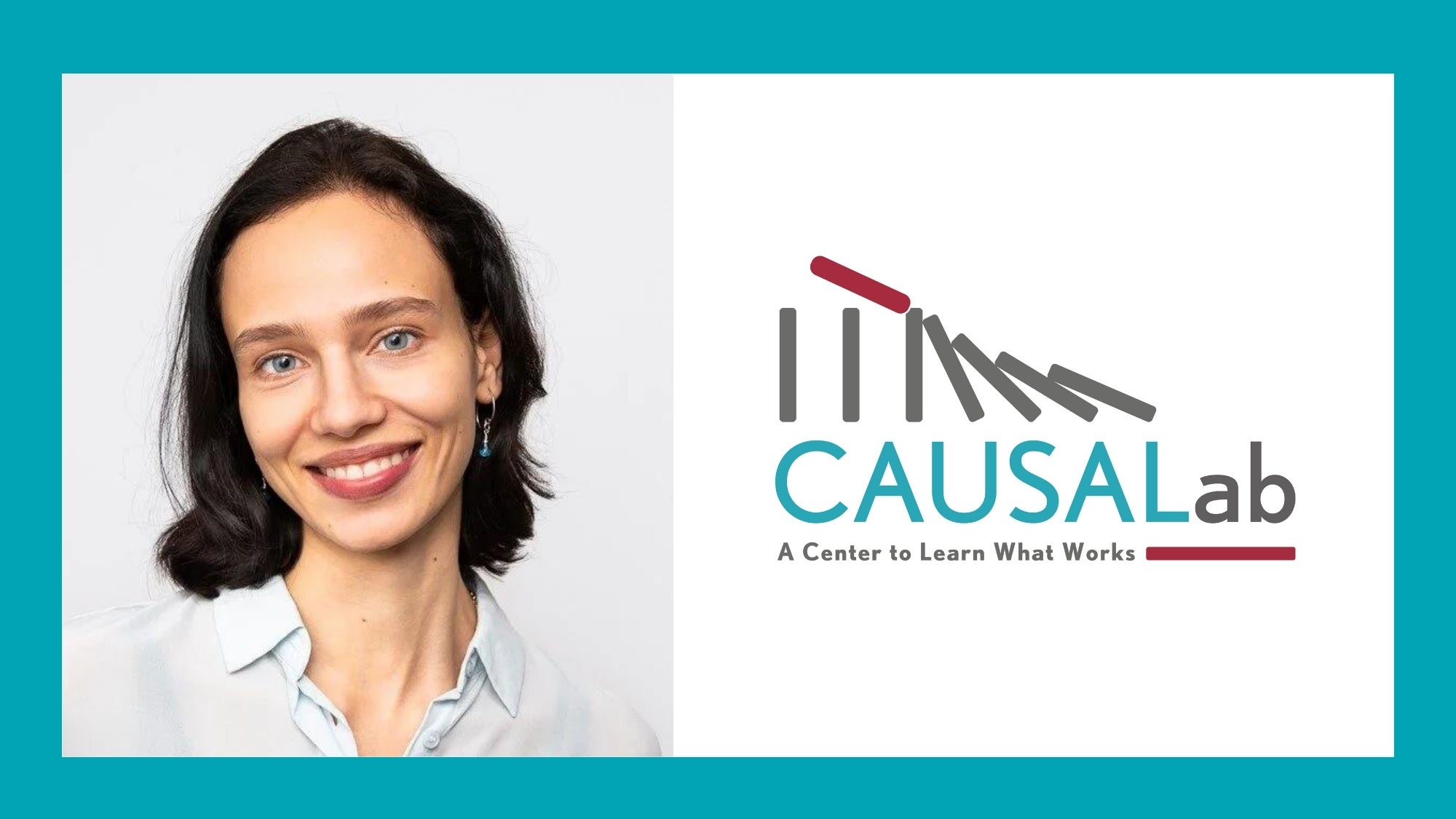Lessons learned: If you criticize another community, apologizing increases the chances they will listen to you

You’re reading Lessons Learned, which distills practical takeaways from standout campaigns and peer-reviewed research in health and science communication. Want more Lessons Learned? Subscribe to our Call to Action newsletter.
Public health communicators sometimes criticize people who do not follow public health recommendations to encourage compliance with recommendations. For example, public health officials were often critical of people who chose not to vaccinate during COVID-19. A study published in Health Communication (DOI: 10.1080/10410236.2024.2406109) examined how a source’s expertise and affiliation (i.e. government vs. private) affected how critical comments were received by under-vaccinated people, and how apologizing for those critical comments can play into affects. To do this, they conducted two experiments:
- Study 1 examined how under-vaccinated people viewed criticism from people with different levels of expertise/government affiliation. The researchers presented 241 under-vaccinated participants with mock news articles with a comment that was critical of people who were not fully vaccinated. They varied the source to be either a private medical doctor, a private financial advisor, a government expert (public health official from the CDC), or a government accountant. Participants then answered questions about the commenter’s motives, how threatening the message was, and their anger towards the commenter.
- Study 2 altered the source of the comment in study 1 to be either an official from the CDC who did not apologize for being critical, an official from the CDC who did apologize for being critical, or a family physician who did not apologize for being crticial. Participants then answered questions about the commenter’s motives, how threatening the message was, their feelings towards the commenter, how effective they thought the vaccine was, and their intentions to vaccinate.
What they learned: Criticism from government sources was more threatening and generated more anger than messages from private sources (study 1). While experts were generally seen as having more positive motives for their criticism, government experts were seen as having worse motivations than private doctors. However, the negative effects of being affiliated with the government were reduced by apologizing for the criticism (study 2). The government official who apologized was seen as having better motives than the one who did not, which resulted in better perceptions of the vaccine’s efficacy and safety and higher intentions to vaccinate.
Why it matters: Communication between groups (e.g. the government and private citizens) can be improved by following conversational norms, like politeness. A relatively simple change to the way that we communicate, like apologizing for criticism, can have a large effect on the way our message is received.
➡️ Idea worth stealing: Partner with trusted sources to communicate your message. If you can’t, tread carefully if you communicate with groups you don’t belong to. If you choose to use criticism in your message, consider proactively apologizing to build trust (e.g., “I realize it’s rude of me to criticize others and I’m sincerely sorry. However, it’s hard to understand why many people are choosing not to get fully vaccinated.”)
What to watch: How public health officials adapt their communication strategy to deal with government distrust.


